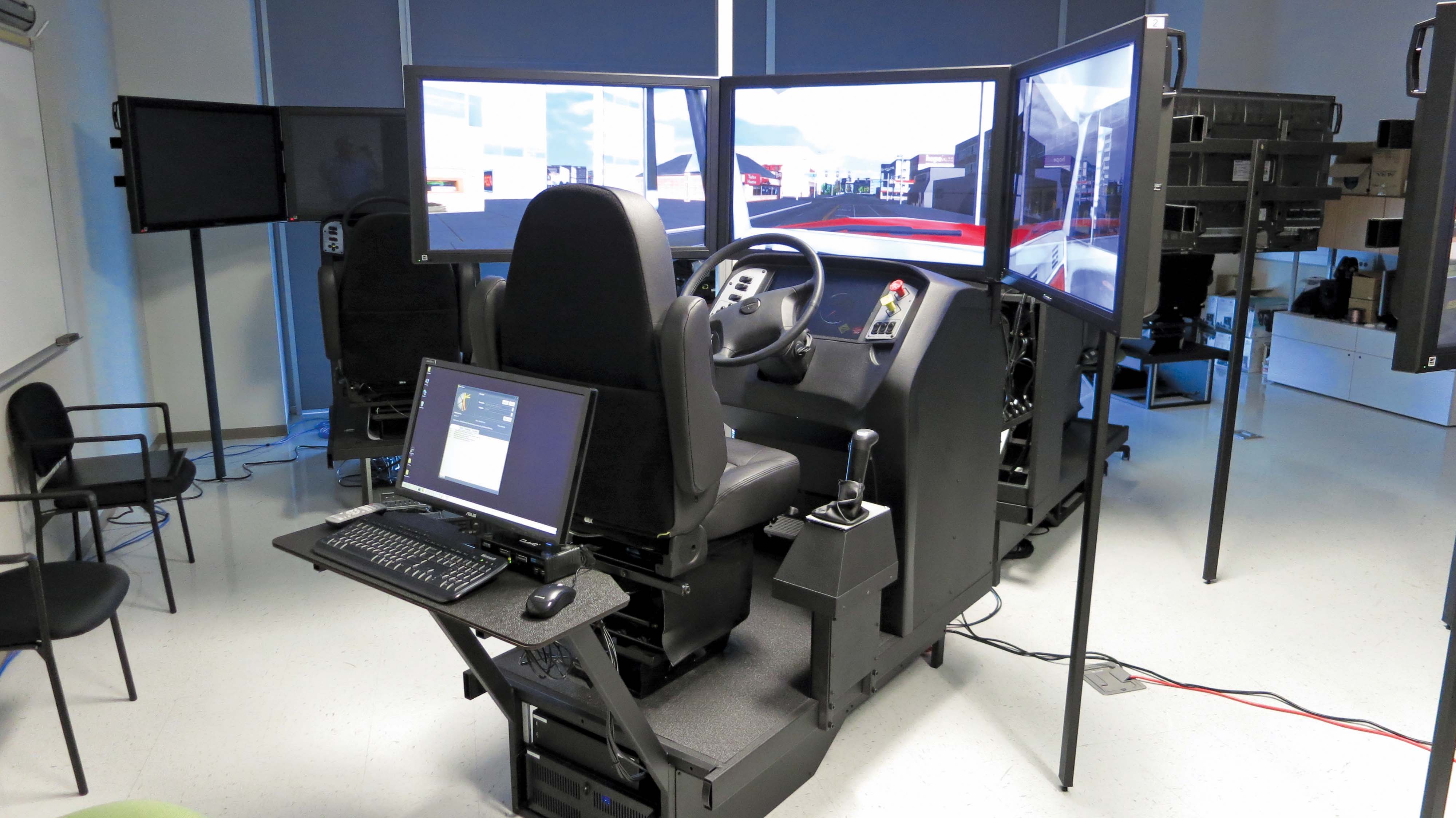The winners of AT&T's Connected Intersections Challenge, a technology challenge aimed at stimulating innovative solutions to improve traffic safety on New York City streets.
Forty-five teams from 13 countries and 26 states submitted their apps and wearable devices ranging from smartphone sensors, phone-to-phone communications and natural user interfaces, among other technologies.
The winners include: Tug, an app that alerts pedestrians as they are about to enter an intersection; an anti-sleep alarm
RSSThe winners of 1970 AT&T's Connected Intersections Challenge, a technology challenge aimed at stimulating innovative solutions to improve traffic safety on New York City streets.
Forty-five teams from 13 countries and 26 states submitted their apps and wearable devices ranging from smartphone sensors, phone-to-phone communications and natural user interfaces, among other technologies.
The winners include: Tug, an app that alerts pedestrians as they are about to enter an intersection; an anti-sleep alarm using a1809 Samsung smartwatch and a smart phone to alert drivers when they are showing signs of drowsiness; RiderAlert, which scans for Bluetooth-enabled devices in traffic to alert drivers to the presence of cyclists and pedestrians; Drive Safely, an app that uses NFC technology to determine if a smartphone user is sitting in the driver’s seat of a vehicle and sends an auto-reply message to incoming calls and texts while the vehicle is moving; and Drowsy Detector which uses facial recognition technology to determine when a driver is getting drowsy and sends a warning followed by an alert that can be deactivated only when the driver stops.
"Today's mobile technology allows us to envision and create solutions to problems in completely new and different ways," said Marissa Shorenstein, New York State president of AT&T. "By focusing this challenge on traffic safety, AT&T hopes to spur a wave of innovation aimed at making our streets safer for all that use them. The creative solutions we see here today are just the beginning."
"New York City's Vision Zero initiative means that we need to use every tool in our arsenal to drive down traffic related fatalities and injuries. The AT&T Connected Intersections traffic safety tech challenge calls on the tech industry to try innovation as simple as the phone in your pocket to improve safety for drivers, bicyclists and pedestrians alike," said Kim Wiley-Schwartz, Assistant Commissioner for Education and Outreach, New York City's Department of Transportation. "We commend these entrepreneurs and applaud the efforts of AT&T and NYU Poly to do everything they can to make the streets safer."
Forty-five teams from 13 countries and 26 states submitted their apps and wearable devices ranging from smartphone sensors, phone-to-phone communications and natural user interfaces, among other technologies.
The winners include: Tug, an app that alerts pedestrians as they are about to enter an intersection; an anti-sleep alarm using a
"Today's mobile technology allows us to envision and create solutions to problems in completely new and different ways," said Marissa Shorenstein, New York State president of AT&T. "By focusing this challenge on traffic safety, AT&T hopes to spur a wave of innovation aimed at making our streets safer for all that use them. The creative solutions we see here today are just the beginning."
"New York City's Vision Zero initiative means that we need to use every tool in our arsenal to drive down traffic related fatalities and injuries. The AT&T Connected Intersections traffic safety tech challenge calls on the tech industry to try innovation as simple as the phone in your pocket to improve safety for drivers, bicyclists and pedestrians alike," said Kim Wiley-Schwartz, Assistant Commissioner for Education and Outreach, New York City's Department of Transportation. "We commend these entrepreneurs and applaud the efforts of AT&T and NYU Poly to do everything they can to make the streets safer."








